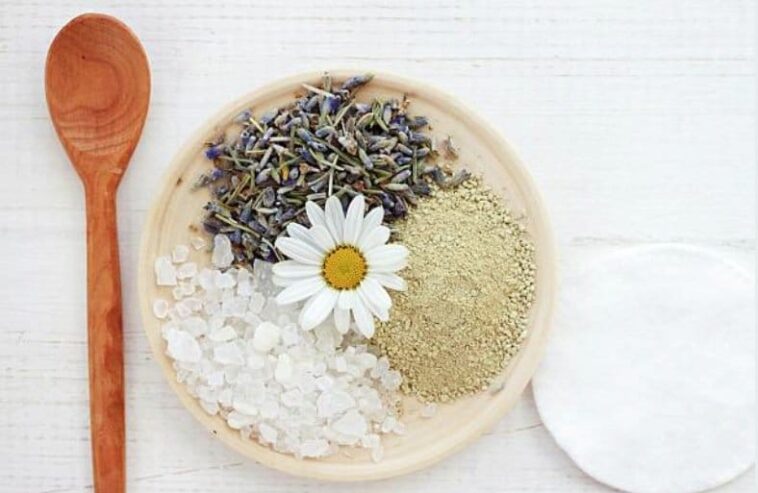We regularly offer you preparations to make your creams, balms, toothpastes, scrubs, masks and other serums at home with natural ingredients. It’s both economical and reassuring (since we know what we put inside our products and we know that it’s not just silicone and synthetic perfumes). The disadvantage is that certain rules must be observed so that the products are successful and last longer without turning, an important criterion when we know that homemade products are not full of preservatives unlike those of commerce. So what are the basic rules? Discover them here!
1) We choose quality ingredients
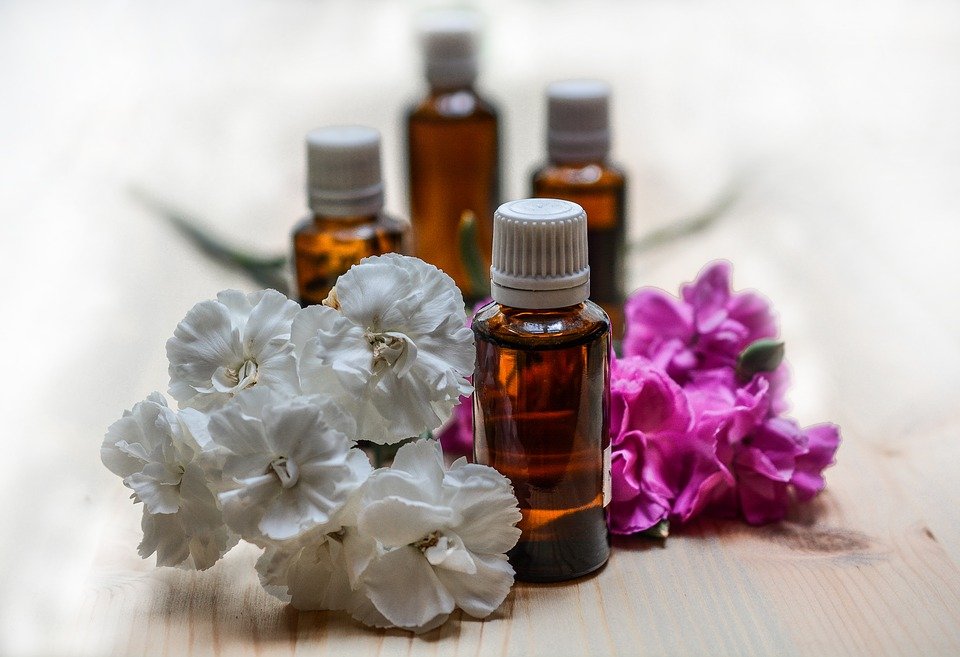
Choosing ingredients that suit your skin type is the first step to take. When purchasing raw materials, favor organic and plant-based products wherever possible. Vegetable oils may cost less if you buy them from the kitchen aisle rather than the beauty aisle.
2) Precautions for use above all!
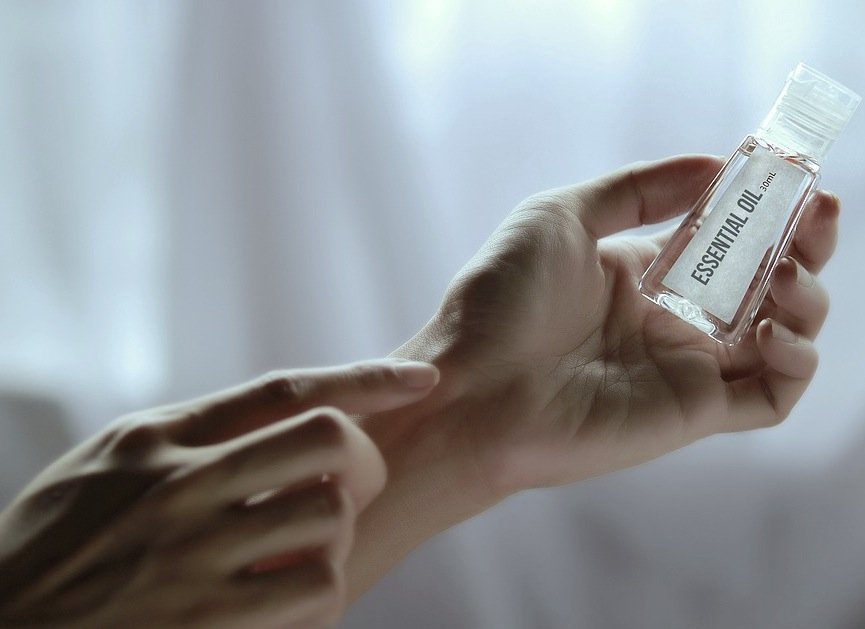
We spoke to you about the dangerous uses of essential oils in one of our articles, reminding you in passing that just because it is natural does not mean it is necessarily safe and good for your health. Thus, essential oils can cause allergies or irritate the skin. Unless you are very familiar with it, avoid changing the ingredients too much and scrupulously follow the recipes and doses.
You can test certain ingredients on the hollow inside the elbow to see if there is a reaction (wait 24 hours to be sure) and also test the final product there to avoid unpleasant surprises.
Wearing a mask or gloves could be useful depending on the recipes to avoid inadvertently breathing certain components (powders, etc.) or contaminating the products.
3) Hygiene: an obligation!
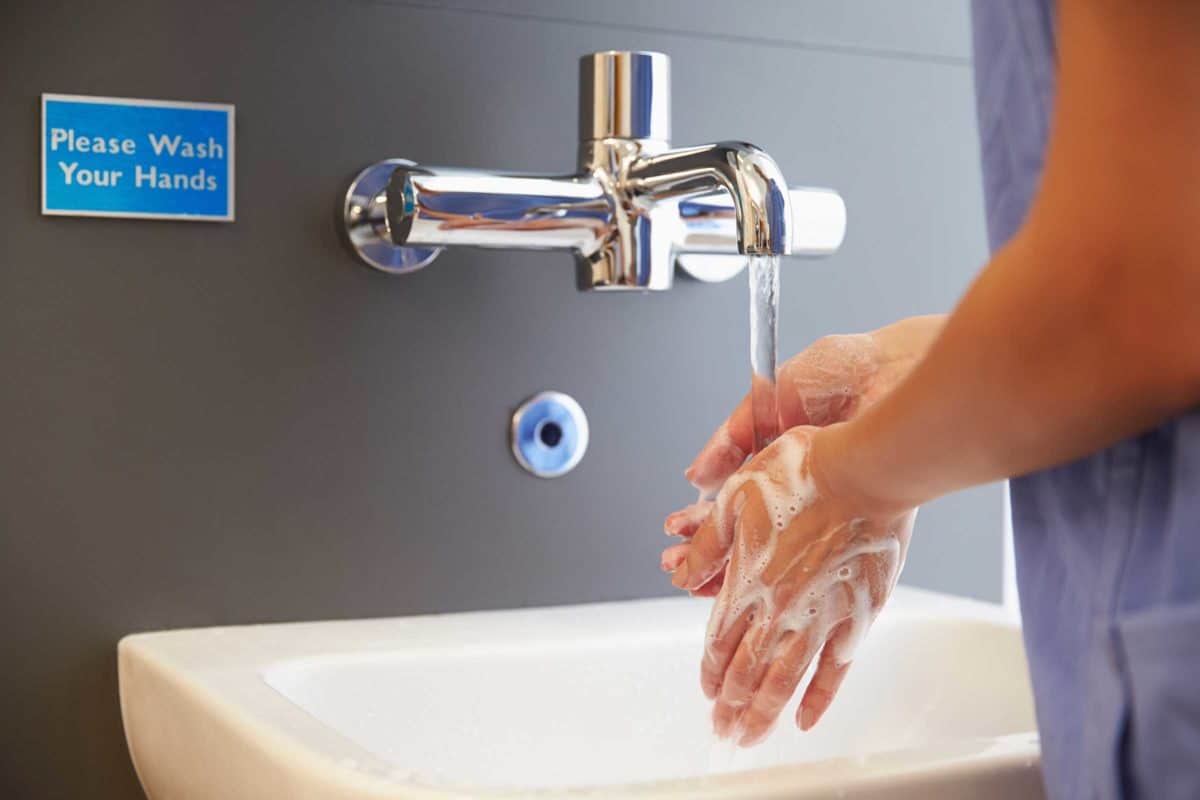
Homemade products are often more fragile. It is therefore necessary to avoid unnecessarily introducing bacteria or fungi which could cause the product to go rancid and harm its effectiveness! It starts with having your hands perfectly clean. Containers, work surfaces and other tools must be cleaned and disinfected with alcohol at least 70°. The glass bottles should be boiled for around ten minutes to sterilize them. Avoid the wooden spoon for mixing, the latter being full of micro-organisms. So favor metal or plastic.
4) Conservation is less good
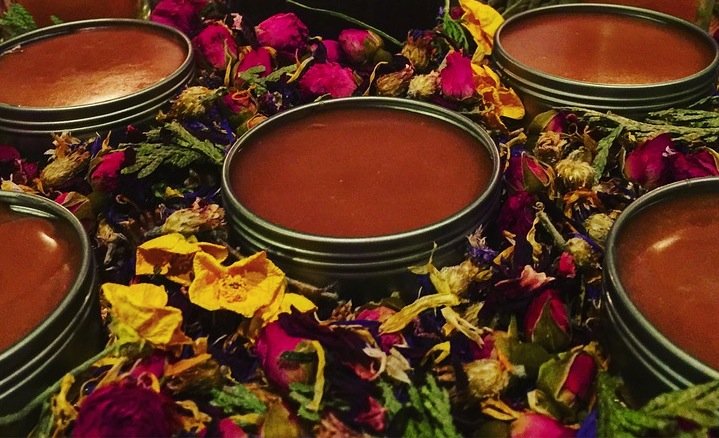
These products have a shorter shelf life than industrial products due to the relatively few preservatives they contain. It is for this reason that the raw materials and products produced must be protected from light, heat, humidity and air. You can even put your products in the refrigerator. There are natural preservatives to prevent the product from going rancid, such as grapefruit seed extract or vitamin E.
It is also advisable to favor small quantities at first to ensure that the preparation suits you. If you make a lot, you can share: it always pleases your loved ones!
5) The label is not just a junk sticker!
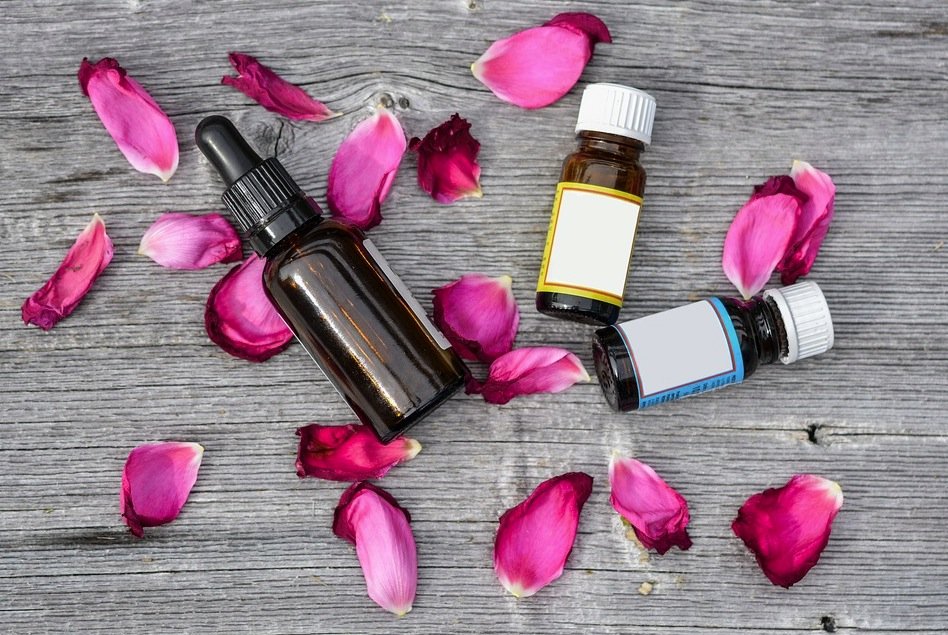
It allows the product and its uses to be identified so that it is not misused or thrown away wrongly. It is also important to write the date of preparation, or even the expiration date if it is indicated where you found the recipe (one, three or six months in general). If you can, write down the ingredients, it’s always useful when redoing a recipe or comparing them.
Finally, it has an aesthetic appearance if you make it pretty and colorful. A pretty product makes you want to use it more!
6) We avoid waste!
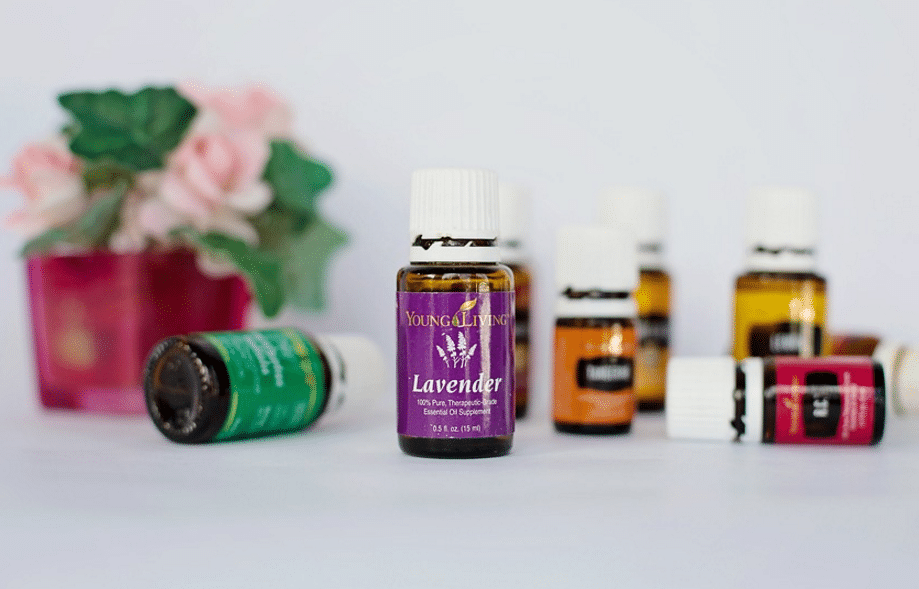
Reuse as much as possible of what you already have at home, whether for ingredients (oils, etc.) or containers (jars of jam, finished beauty products, etc.).
If possible, also opt for ingredients that you can easily reuse for other times, whether to make other products, cook or clean. Coconut oil, for example, is quite common for many preparations and can also be used to replace other cooking oils when the flavors are suitable. Aloe vera is also a basic that you can invest in without fear. Certain oils purchased for the face can also enhance your hair or your body. Certain essential oils such as tea tree can be useful in the household. Find out about other possible uses for the ingredients, this will prevent them from gathering dust!
If you buy equipment and containers, go for glass (if possible tinted to better protect the products) and metal pots which can be used again later where the plastic could be eaten away by certain essential oils. And above all, if you won’t use a product again, think twice before buying it, because you won’t always be able to keep it forever!
Sources: MaCosmétiqueNaturelle; ConsoGlobe; LaDepêche


